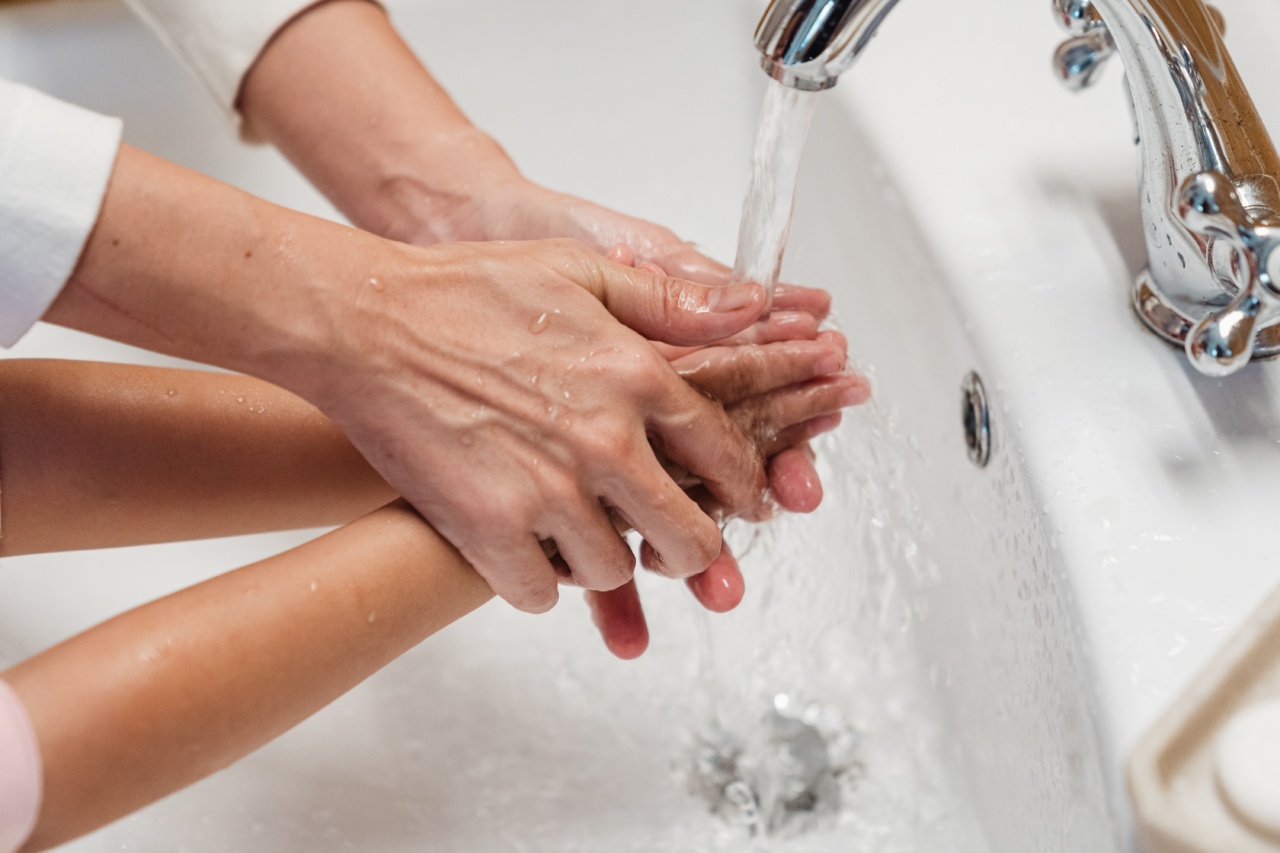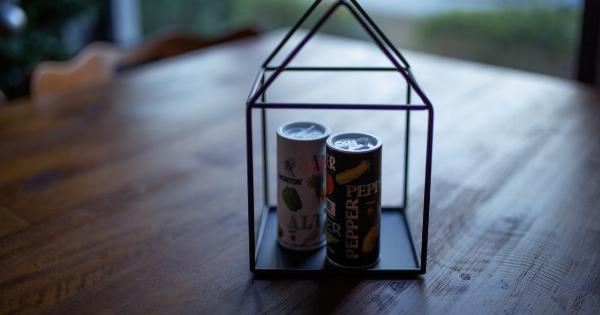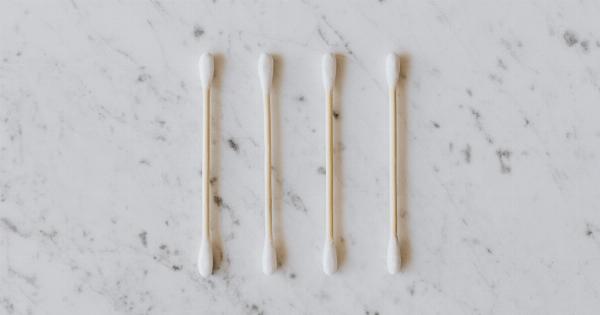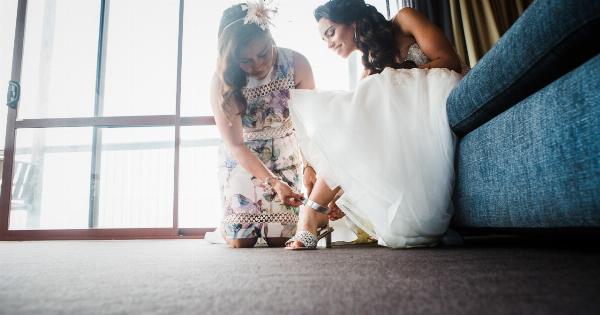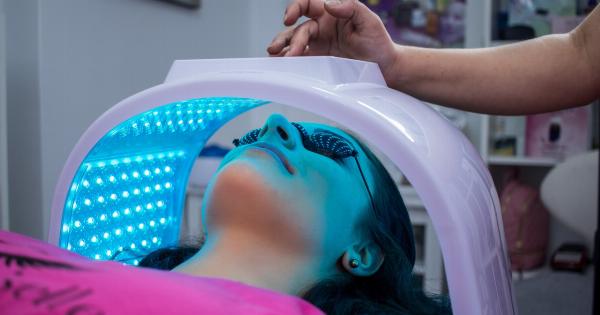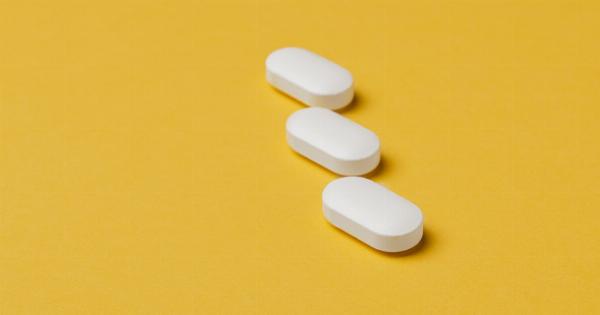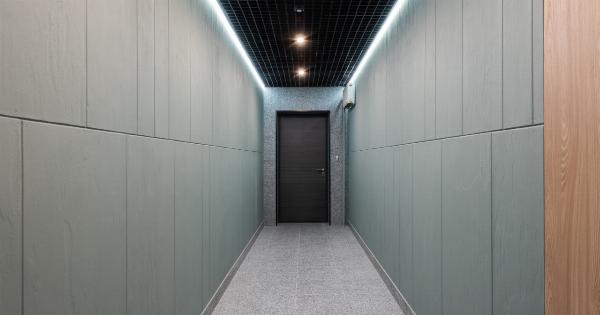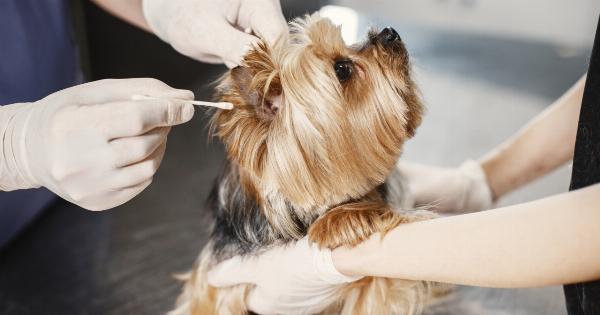Our ears play a crucial role in our daily lives. They allow us to hear sounds, communicate with others, and enjoy the world around us. However, many of us are unaware of the potential damage that can occur to our ears from everyday activities.
Whether it’s listening to loud music, using earbuds, or working in a noisy environment, these habits can gradually lead to hearing loss and other ear-related problems. In this article, we will explore ten effective ways to protect our ears from everyday damage.
1. Limit exposure to loud noises
One of the primary causes of hearing loss is prolonged exposure to loud noises. It is vital to protect our ears by limiting exposure whenever possible.
For instance, you can lower the volume while listening to music or watching TV, avoid attending excessively loud concerts or events, and use earplugs or earmuffs in noisy environments such as construction sites or factories.
2. Keep a safe distance from loud sounds
In addition to limiting exposure, it is also important to maintain a safe distance from loud sounds. The closer you are to a source of loud noise, the higher the risk of damage to your ears.
When attending concerts or events with loud music, try to find a spot farther away from the speakers. Similarly, if you find yourself near construction work or any other loud activity, try to move to a quieter area.
3. Wear ear protection
Ear protection devices such as earplugs or earmuffs are essential for safeguarding your ears against damaging noise levels. Earplugs are small inserts that fit into the ear canal, while earmuffs cover the ears entirely.
Both options help reduce the intensity of sounds and protect the delicate structures of the ears. Ensure you choose ear protection that is suitable for the specific environment or activity you engage in.
4. Take breaks from noisy environments
If you work or spend significant amounts of time in a noisy environment, make sure to take regular breaks. Continuous exposure to loud sounds can be detrimental to your hearing health.
Use these breaks to step outside or move to a quieter area, giving your ears a chance to rest and recover from the noise.
5. Be cautious with headphones and earbuds
Listening to music or podcasts through headphones or earbuds has become a common practice for many of us. However, prolonged and excessive use of these devices can result in hearing damage.
To protect your ears, follow the 60/60 rule: listen at no more than 60% of the maximum volume for no more than 60 minutes per day. Also, opt for noise-canceling headphones when possible to reduce the need for higher volume levels.
6. Maintain proper ear hygiene
Keeping your ears clean and maintaining proper ear hygiene is essential for preventing infections and other ear-related issues.
Use a damp cloth to gently clean the outer ear, but avoid inserting anything into the ear canal, such as cotton swabs, as they can push wax deeper or damage the delicate structures. If you experience excessive earwax buildup or have concerns about your ear hygiene, consult a healthcare professional.
7. Avoid using cotton swabs
Contrary to popular belief, using cotton swabs to clean your ears is not recommended. They tend to push earwax deeper into the ear canal, potentially causing blockages or damaging the eardrum. Instead, allow the ears to clean themselves naturally.
If you experience any discomfort or have a wax buildup issue, seek professional assistance for safe and effective earwax removal.
8. Be mindful of medications and their side effects
Some medications, including certain antibiotics and painkillers, may have side effects that can harm your hearing.
These medications are known as ototoxic drugs and can cause temporary or permanent hearing loss, tinnitus (ringing in the ears), or other ear-related issues. If you are prescribed any medication and notice changes in your hearing, consult your healthcare provider immediately.
9. Protect your ears during water activities
Water-related activities, such as swimming or showering, can also pose a risk to your ears if water enters the ear canal. To protect against infections or swimmer’s ear, use earplugs specifically designed for water activities.
Additionally, tilting your head and gently shaking it after water exposure can help drain any trapped water from the ears.
10. Get regular hearing check-ups
Lastly, it is crucial to have regular hearing check-ups to monitor the overall health of your ears. A hearing assessment conducted by a qualified audiologist can detect any early signs of hearing loss or other ear issues.
Early detection allows for early intervention, maximizing the chances of preserving your hearing health.
Conclusion
Our ears are delicate and vulnerable to damage from various everyday activities. By following these ten ways to protect your ears, you can reduce the risk of hearing loss, tinnitus, infections, and other potential problems.
Take proactive steps to limit exposure to loud noises, prioritize ear protection, maintain proper ear hygiene, and seek professional assistance when necessary. Remember, prevention is key when it comes to protecting your ears and ensuring the longevity of your hearing health.
